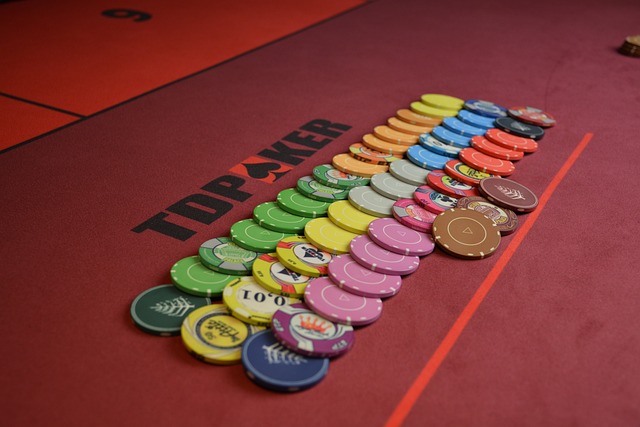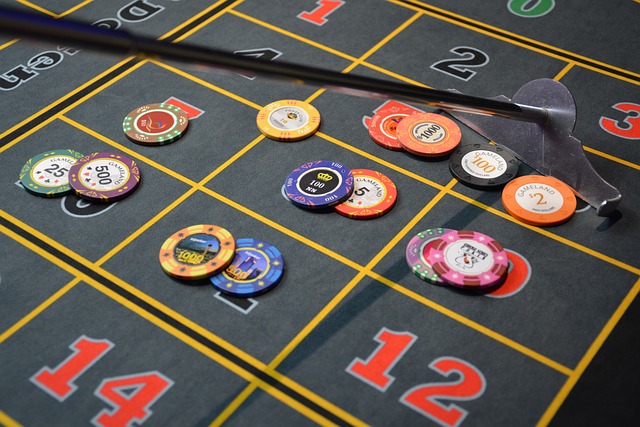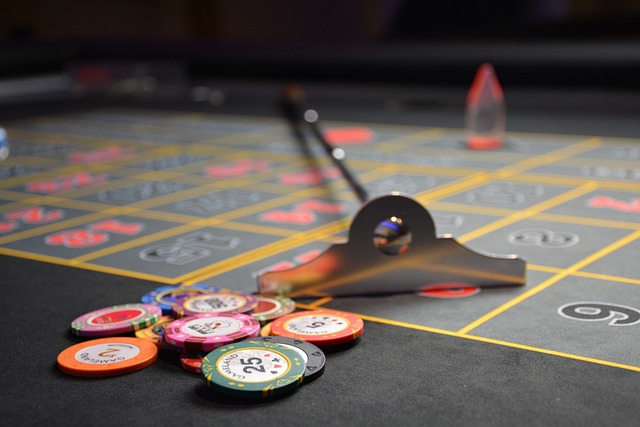Gambling is inherently risky. The outcomes are uncertain, and the odds are usually in favor of the house. Accepting this reality helps in setting realistic expectations. Remember, gambling should be seen as a form of entertainment, not a way to make money.
Setting a Budget
1. Determine Your Gambling Budget: Before you even set foot in a casino, decide how much money you are willing to spend. This should be an amount you can afford to lose without affecting your financial stability. Treat it like a budget for any other entertainment activity, like dining out or going to the movies.
2. Use Cash, Not Credit: Bring only the amount of money you have budgeted for gambling in cash. Avoid using credit or debit cards, as this can lead to overspending. When you create a vave casino login this is explained.
Time Management

1. Allocate Time for Gambling: Decide in advance how much time you will spend at the casino. This helps in preventing marathon gambling sessions, which can lead to fatigue and impaired judgment. Setting a time limit ensures that gambling remains just one part of your overall leisure activities.
2. Take Regular Breaks: Taking breaks allows you to step back and reassess your situation. It also helps you stay aware of how much time you’ve spent gambling and keeps your mind fresh.
Choosing Games Wisely
1. Know the Odds: Different games have different odds. Understanding which games offer better odds can help you make informed choices. For example, games like blackjack and poker can have better odds than slot machines if you play with a good strategy.
2. Learn the Rules: Before playing any game, make sure you understand the rules. This increases your chances of winning and makes the experience more enjoyable.
Emotional Management
1. Stay Calm: Emotions can cloud judgment. Whether you’re winning or losing, try to stay calm and composed. Avoid chasing losses, as this can lead to bigger financial problems.
2. Avoid Alcohol: While a drink or two can be part of the fun, excessive drinking can impair your decision-making abilities. Stay within your limits to maintain control over your gambling activities.
Recognizing Signs of Problem Gambling

1. Self-Assessment: Regularly assess your gambling habits. Are you spending more money or time than you planned? Is gambling causing stress or financial problems? Recognizing these signs early can help you take action before it becomes a serious issue.
2. Seek Help if Needed: If you find that you are unable to control your gambling, seek help. Many organizations provide support and resources for problem gamblers. Seeking help is a sign of strength, not weakness.
Creating a Balanced Casino Experience
1. Enjoy Other Amenities: Casinos often offer a range of non-gambling activities such as shows, dining, and spa services. Taking advantage of these can provide a more well-rounded and enjoyable experience.
2. Socialize: Gambling can be a social activity. Spend time with friends and enjoy the social aspects of the casino. This can make your visit more enjoyable and less focused on gambling alone.
Practical Tips for Responsible Gambling
1. Set Win and Loss Limits: Decide in advance how much you are willing to lose and stick to it. Similarly, set a win limit—an amount at which you will walk away with your winnings. This prevents you from losing back everything you’ve won.
2. Keep Track of Your Gambling: Keep a record of how much money and time you spend on gambling. This helps in maintaining awareness and control over your gambling activities.
